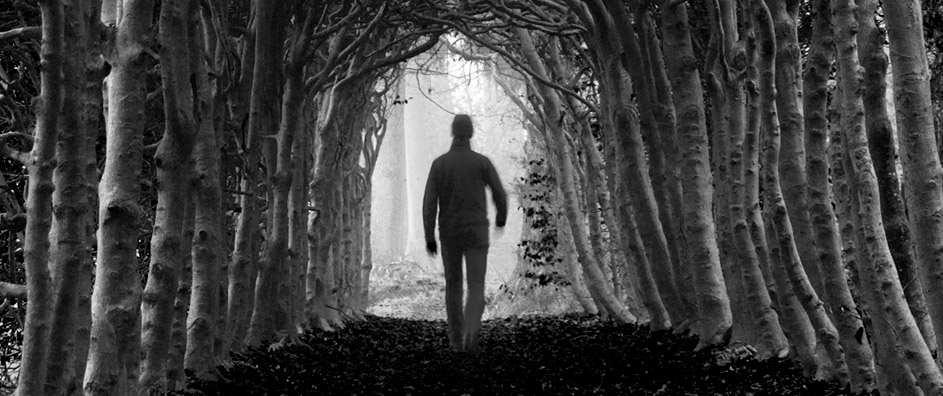In the exploration of human existence and its ephemeral nature, the Bahá’í teachings provide profound insights into the significance of shedding the metaphorical “bear suit” of death. This evocative imagery encapsulates a common observation—the fear of mortality—as well as the deeper spiritual realities that underpin the Bahá’í understanding of life and the afterlife. The concept invites contemplation on the nature of existence, the relationship between the physical and spiritual realms, and the transformative power of faith.
To commence this reflection, the metaphor of “death’s bear suit” symbolizes the corporeal and transient aspects of human existence. It suggests that our physical bodies are akin to a heavy suit that often weighs down the spirit. The Bahá’í perspective views life as a continuous journey, wherein the spirit traverses through various stages of existence. The bear suit represents the physical form that must ultimately be relinquished, allowing the soul to ascend to higher planes of being. This powerful imagery resonates deeply with those who confront their own mortality or the loss of loved ones.
Bahá’u’lláh, the founder of the Bahá’í Faith, elucidates the concept of the soul’s immortality, positing that death is not an end but a transition to a new form of existence. This presents a radical departure from traditional notions of death as a finality. Rather, in Bahá’í thought, death serves as a liberating experience for the soul, shedding the confines of the material world. This understanding holds profound implications for how one approaches life: fostering an anticipation of spiritual growth rather than succumbing to fear.
Furthermore, the Bahá’í teachings emphasize the importance of living a life imbued with purpose. By recognizing that the body is merely a vessel, individuals are encouraged to focus on developing their spiritual faculties. This entails cultivating virtues such as love, compassion, and service to humanity. The act of shedding death’s bear suit becomes a means of spiritual awakening, prompting individuals to transcend the mundane and explore their divine potential.
One might ponder why the concept of death evokes such fascination—a contemplation that can lead to a myriad of insights. For many, the fear of death arises from societal conditioning and the instinctive aversion to the unknown. In contrast, Bahá’í teachings invite believers to view death from an optimistic perspective, portraying it as a gateway rather than a terminus. This reframing of death allows for a holistic understanding of existence as an interconnected web of life experiences, emphasizing unity and the continuity of the soul’s journey.
Additionally, the fascination with the discussions surrounding death often reveals deeper existential questions that lie at the heart of human inquiry. The quest for purpose, the nature of reality, and the search for truth are themes that transcend individual belief systems. Bahá’í teachings assert that the pursuit of knowledge and understanding is a sacred duty; thus, engaging with the mysteries of life and death becomes an integral aspect of spiritual development.
Through contemplative engagement with these ideas, one may arrive at the realization that the fear associated with death often stems from an attachment to the material world. The bear suit, undoubtedly comforting yet constricting, serves to anchor individuals to transient pleasures and pursuits. Bahá’í philosophy advocates for a detachment from these limitations, encouraging individuals to nurture their spiritual essence and seek connection with the divine. This shift in perspective enables a more profound appreciation for the transient moments in life, fostering a sense of gratitude and awareness.
The Bahá’í community also plays a pivotal role in this transformative journey. Through fellowship, believers are reminded of the collective responsibility to support one another in spiritual growth. The communal aspect of Bahá’í practice underscores the interconnectedness of all souls, and it instills a sense of unity that transcends physical boundaries. Sharing in the exploration of death and spirituality within a community cultivates an environment of support, understanding, and healing—a necessary context for the individual’s journey of shedding the bear suit.
Moreover, the Bahá’í writings provide a comprehensive framework that encourages individuals to confront their fears and misconceptions regarding death. The concept of life as a continuous learning experience imbues meaning into existence, urging believers to live with intention and authenticity. Engaging deeply with these teachings hastens the process of shedding the bear suit, allowing for a greater alignment with one’s authentic self—a self that embraces the cyclical nature of life, death, and rebirth.
In summary, the metaphor of “shedding death’s bear suit” serves as a profound vehicle for exploring the nuanced relationship between life and death within the framework of Bahá’í teachings. This exploration invites a deep reflection on existence, urging individuals to transcend their fear of mortality and embrace the spiritual journey with optimism and purpose. By recognizing the transient nature of the material world and nurturing the soul’s growth, one can approach life with a renewed perspective. Ultimately, it is through this ongoing engagement with spirituality and community that individuals can truly shed the weight of their bear suits, embarking on the path toward enlightenment and unity with the divine.
